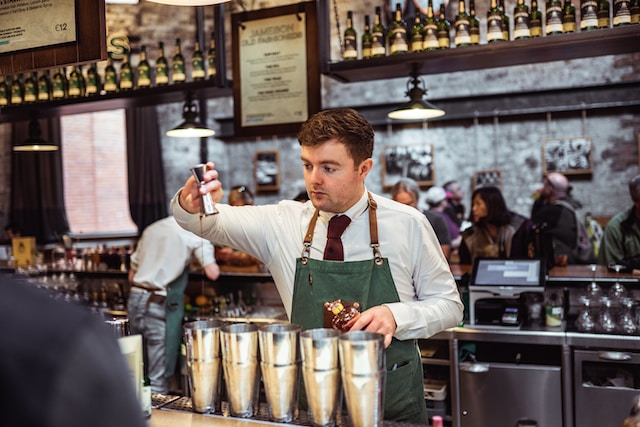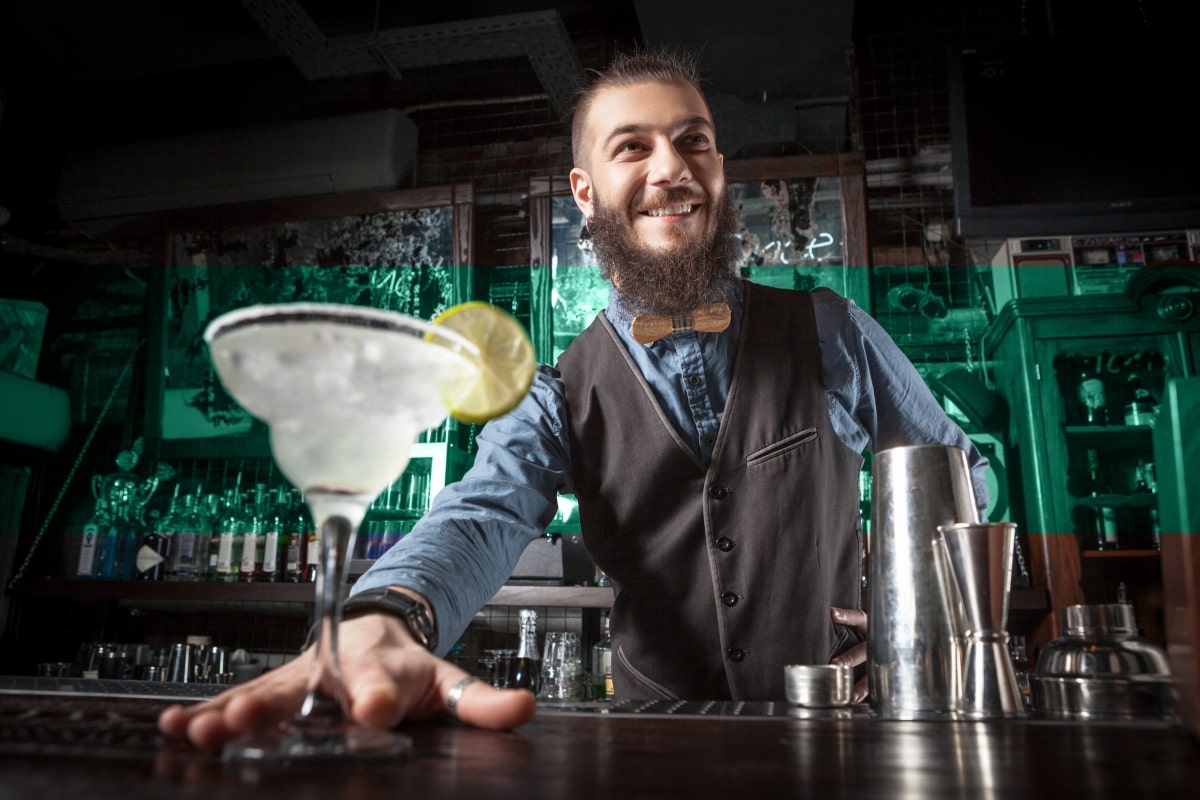
In the hospitality industry, technical skills will get you in the door, but it is soft skills that will propel you to the top. The quality of your service is heavily influenced by these essential social skills. Whether you’re serving brekkie at a busy cafe, or you’re managing the reception desk at a high-end hotel. However, there are three soft skills that can dramatically boost your career trajectory in the hospitality sector.
Communication
Without any doubt, communication is the cornerstone of delivering outstanding service in the hospitality industry. But in hospitality, communication goes far beyond uttering the right words. It encompasses body language, listening skills, and even cultural sensitivity. Imagine that you’re serving a coffee, and you use clear, polite language, but your body language is closed off, or you fail to make eye contact. Despite your words, your overall communication broadcasts indifference.
On the opposite side, active listening isn’t just about hearing what’s said to you, but understanding the underlying needs and wants that may not be voiced directly. This could mean reading between the lines when a guest is describing their ideal room, or noting a customer’s hesitation over a menu item, and making suggestive alternatives.
Communication is also essential for teamwork. In a high-intensity kitchen or a reception juggling multiple check-ins, clear, constructive, and timely communication can be the difference between smooth service and chaos.
Empathy
In the world of hospitality, empathy breathes life into the principle: ‘the customer is king.’ It equips you with an understanding of customers’ expectations, even when they are unexpressed. This might mean recognising a weary traveller’s need for a quick check-in, or a couple’s desire for a quiet corner in a restaurant.
Empathy also has a critical role in handling complaints and issues. It’s about putting yourself in the customer’s shoes and acknowledging their feelings. If they’re disappointed with a delayed room service, instead of offering a hollow apology, demonstrate understanding, and assure them that their time and satisfaction matter to you. Also remember to follow this up with action that supports your empathetic response.
Remember, empathy isn’t limited to customers. Displaying empathy towards your team can encourage a supportive, inclusive work environment. This means lending an ear to a colleague’s concern, or stepping in to help when someone is overwhelmed.
Adaptability
The hospitality industry is a high-energy, dynamic field where the unpredictable is part of the job. Adaptability is not just about handling these surprise elements; it’s about embracing them and turning them into opportunities.
For instance, a sudden rush of customers can be overwhelming, but with a flexible approach, it’s an opportunity to showcase your efficiency and customer service skills. Similarly, a last-minute event cancellation might seem like a setback, but it might also provide a chance to offer the venue to a regular customer, thus strengthening your relationship with them.
Adaptability also entails being open to changing your methods and learning new things. This may mean adopting a new reservation system, understanding a novel cuisine, or even navigating the cultural nuances of foreign guests. This willingness to learn and evolve can not only boost your individual performance, but also the reputation of the establishment you work for.
Sure, being a master at mixing cocktails or making beds to perfection are important skills in the hospitality industry. However, the soft skills of communication, empathy, and adaptability can truly make you shine in your role, regardless of what that role is. By continually improving these skills, you create opportunities to make a difference in the lives of the people you serve, and in doing so, you’ll likely find that your own career in hospitality becomes that much more rewarding and successful.




